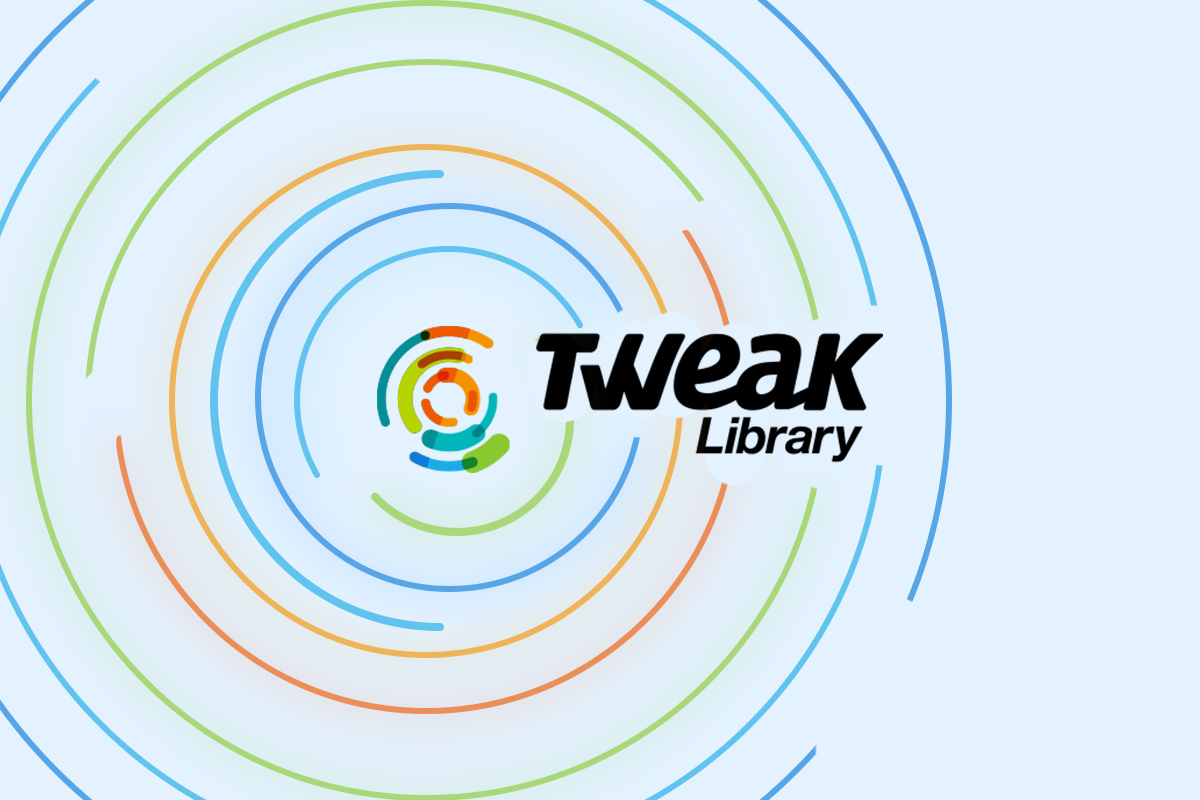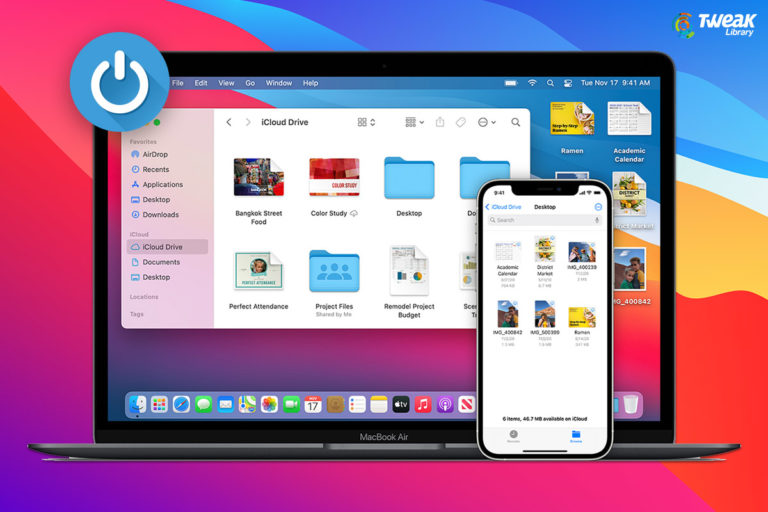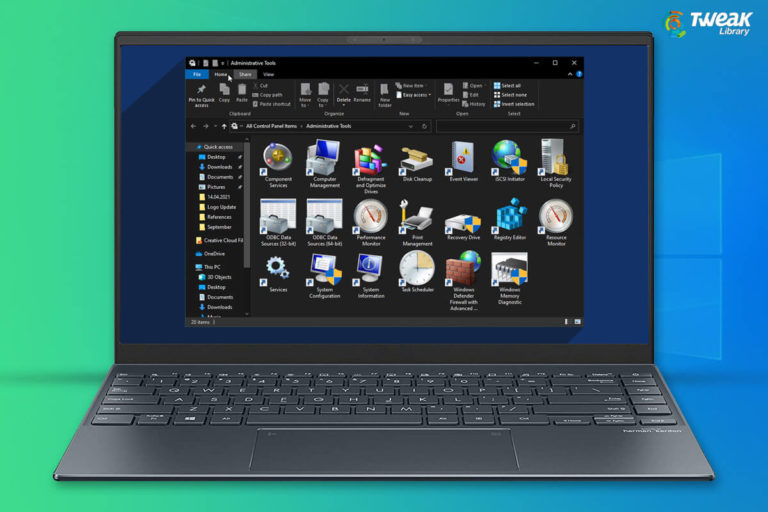Most people use Internet to look for answers, whether it is to check price of a latest smartphone, to find some restaurant or to get answers for some health-related issues. And we all love this, without even realizing the reality. This is because of the general belief, about search engines, that they are empty boxes where you need to type in a question without any repercussions.
Unfortunately, that isn’t true. Searching on Internet isn’t safe; therefore, one needs to know the risk involved and how to stay safe online.
A simple action of yours can put your data, network, and other resources at risk of cybercrime including data theft, cyber-attack, and other security breach.
The Risk of Web Searches
It’s no secret we have become totally dependent on the Internet and can’t imagine a life without it. Due to which we underestimate the risk involved in web searches and a simple action of our make us a victim.
Here, we list some of the risks involved in web searches:
- Exposure to illicit material.
- Redirection to fake sites encrypted with malware, virus, and other threats.
- Visibility to search engine providers.
- Denial of Service attacks.
- Loss of Information/ Data Theft
This becomes possible due to our carelessness and lack of knowledge. Therefore, it is essential to keep a watch on our actions and web search terms.
Read Also : Must Know Facts About Mobile Spyware Apps
Most Dangerous Search Terms on the Web
A recent study shows how search terms can expose your company data to the hackers. The findings are as follows:
Riskiest Search Terms on the Web
- “Screensavers” is the most dangerous keyword of all, as it returns a maximum risk of 59 percent.
- The term “Lyrics” used in a search phrase returns one risky site for every two results.
- “Free” has 22 percent chance of infecting the system with spyware, malware, virus, trojan, adware and others.
- The least risky of all are health- related terms as they have only 0.4 percent of maximum risk.
To stay safe, one needs to remember the list but don’t just stick to it as it is every changing.
Note: Hackers usually target key terms searched most on the web. Therefore, we need to keep our self-updated.
Industries prone to be attacked
Hackers mostly target fast growing and popular industries. Here we list industries prone to be attacked. If your industry is in the list below you need to take extra security measures:
- Agriculture
- Finance
- Publications/broadcasting
- Property
- Utilities
- Health care
- Internet service providers
- Petroleum mining and manufacturing
- Chemical and drug manufacturing
- Telecommunications
- Computer system design
- Transport and pipelines
Now, that you know about the risks involved in web searches, riskiest web searched and industries prone to be attacked. It’s time to know how to search responsibly and safely to stay secure.
Must Read : How Safe Is Your Customer Information?
How To Search Responsibly & Safely
You don’t need to any training or get yourself enrolled in a course to learn how to search safely. By keeping these tips in mind, you can protect yourself from being a target.
- Use well-known and reliable search engine: By now you know, your search engine collects more information about you than you think. Therefore, to stay secure recommend using a private search engine as it will protect your search terms from being linked to you.
- Be careful with your search terms: An unencrypted search engine might reveal your search terms into wrong hands. Therefore, avoid using such search engine and typing any of your personal detail like, name, social security number, card details.
- Use different search engines: To limit the information collected by a search engine keep swapping between search engines regularly.
- Delete cookies regularly: Cookies help to load websites faster, but many websites use them to track your online activities. Therefore, you should make a habit of deleting cookies regularly. This will protect you from unwanted tracking.
- Use encrypted search: Not all search engines encrypt search terms therefore to stay secure one should use encrypted search engine. As such search engines encrypt your ISP and search terms from other users.
- Avoid signing in to your search engine: Signing in to your search engine allows the search engine to build your profile as it will have access to your details. Therefore, to limit website creating your profile do not use search engine that require you to sign in.
- Mobile device searches aren’t secure: Just because you are using your smartphone to search instead of desktop don’t think your searches are secure. To make them secure you should use VPN services or private search engines.
- Use VPNs: VPNs and proxies secure your IP address from being shown. They mask your IP making impossible for the websites to detect your location using the IP to track you.
- Avoid public Wi-Fi networks: You cannot always avoid using public Wi-Fi, but it is best to use them only when necessary. As a public wi-fi can easily be watched thus exposing your data and increasing the risk to malware or man-in-middle attacks.
Besides, you should make a habit of using only reputable search engine, as they take enough security measures to safeguard your data. They too save your data and use it, but well-known search engines are more trustworthy and reputable.
These small details can save you from being a victim, but there is no 100% guarantee. The only thing that can protect you from being attacked is you. If you keep a check on your online activities and keep a watch on sites you visit you will always have an upper hand.






How are Search Engines a Risk to Privacy? – Everyone's Smart University
[…] How are Search Engines a Risk to Privacy? […]